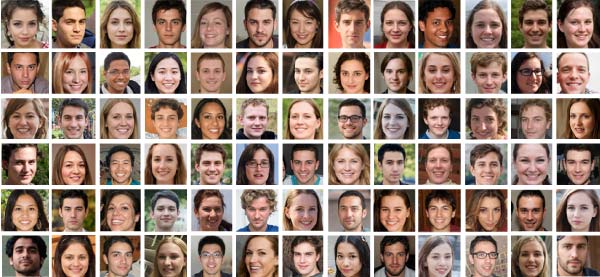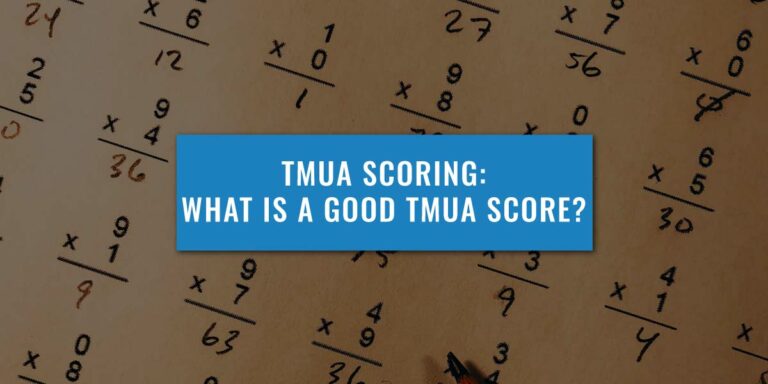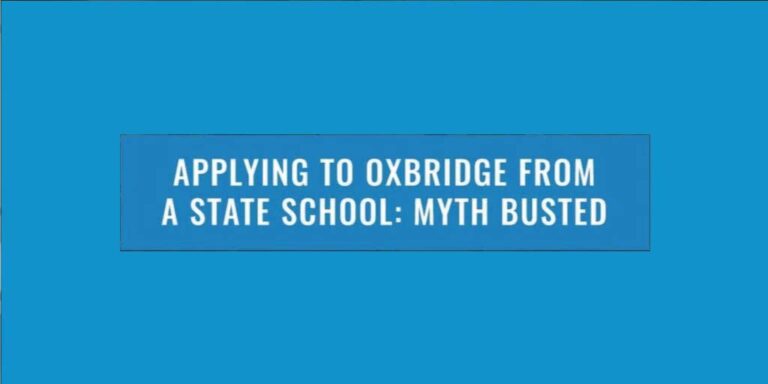Thinking about studying Economics and Management at Oxford university?
In this guide, we will hear from Oxford E&M student Gideon Blackstone about what his time has been like on this course and what other should expect when they attend the course.
Course Structure: Economics and Management (E&M) at Oxford
E&M is a three year degree and students will receive a BA upon completion. There are three modules in first year, all of which are compulsory. These are Introductory Economics, Financial Management and General Management.
- Introductory economics is taught over the first 2 terms, with one of microeconomics and macroeconomics studied in each.
- Financial Management is taught over 2 terms, being split between financial reporting (accounting) and financial analysis (more similar to corporate finance)!
- General management is also taught over 2 terms, but it is cumulative throughout the module.
First year ends with Preliminary Examinations (prelims) which must be passed to advance to Final Honours School (FHS). There will be college organised exams known as collections at the start of every term, apart from the first term as a fresher, to allow for exam practice and for the college to ensure that students are remaining on top of their work. The marks in these papers have no bearing on the prelims results or final degree classification. All of the prelims grade is based on formal written assessment at the end of the summer term.
Once prelims have been passed, students advance to FHS and are given a wide range of modules from which to pick. 2nd and 3rd year students can decide from a multitude of options for both economics and management, with a minimum of 2 modules and a maximum of six from one discipline. There is the option for a dissertation written in third year. Some of the modules you can pick from are strategic management, finance, organisational behaviour, and finance. You can check the course page here to check all your modules options.
The grade achieved in prelims or any collections has no bearing on the final degree classification, so even if a student struggles in 1st year, there is no panic for getting a low classification as there is a large range of choice for students to tailor their degrees best suited to their skills. Most modules are assessed as written exams, with a select few as projects or extended essays.
Our expert tutors are on hand to help guide you to a successful Oxford Economics and Management application.
We help you craft the perfect Personal Statement, achieve a highly competitive TSA score and teach you how to Interview effectively.
Discover our Oxbridge Economics Premium Programme.
A Typical week of a e&M student at oxford
During first year, a typical week will include between 4-6 lectures, two tutorials and a class.
Introductory Economics
This unit is taught through lectures and tutorials. Lectures are held at the Examination Schools on High Street, and are run alongside the PPE course as well as History and Economics (HECO). There would typically be 2-4 economics lectures per week, lasting for an hour.
Students will also have roughly one tutorial per week (though the regularity is determined by specific college tutor). Tutorials are held with one professor and between 2-4 students from the same college. Tutors will set work to be handed in and will often use tutorials to ensure students are understanding all the content.
Economics tutors mostly set problem sheets and essays, and these are often discussed in tutorials, along with any other relevant content. For students who feel they may need greater help with the mathematics involved in the module, there is a small, non-compulsory and non-assessed maths course that can be taken by anyone who wants.
General Management
This unit is taught through 1 two hour lecture at the Said Business school, as well as 1 tutorial per week. These tutorials have the same format as Introductory Economics, with the work set being an essay per week, alongside a recommended reading list.
Financial Management
This unit is also taught with 1 two hour lecture per week and a class with roughly 15 students instead of a tutorial. The tutors for these classes will also set work every week, and classes will be used to ensure students were able to understand the problem sheet.
Is Economics and Management at Oxford Hard?
Despite sounding difficult, the workload for E&M is manageable if your time is managed well, with very few contact hours allowing for plenty of time for students to complete their work. Students can use the central university library as well as the Social sciences library or the Business School library. Each college also has a library so there are plenty of places to work or find resources for essays or problem sheets.
A major advantage of being an E&M student is the access to the Said Business School. The business school is next to the train station and is within a 20 minute walk from any college. It has a very large and well-resourced library that has plenty of space for individual quiet work as well as a space for group working. There are also 2 cafes in the business school which allow unlimited free tea and coffee for students, as well as newspapers such as the Financial Times.
Applying to Economics and management at Oxford
The typical entry requirements for E&M is A*AA, with a minimum of an A in A-Level mathematics, or equivalent in other qualifications. Students apply through UCAS as an early applicant, with either an application to a specific college or an open application. Students are expected to have a strong personal statement showing their strength and interest in the subject. Oxford University places little emphasis on non-academic achievements.
Once the UCAS application has been completed, students must take the TSA parts 1 and 2. Part 1 consists of 50 multiple choice questions, split evenly between problem solving and critical thinking – candidates have 90 minutes for this section. Part 2 is a choice of four essay questions, with candidates answering 1 with a 30 minute time allowance and 2 sides of A4 only.
If a high enough score is achieved on the TSA, and the candidate has a strong UCAS application, they will be invited to Interview at a college. Students will stay for two nights in an Oxford college and will have at least two Interviews, as well as take part in social activities and eat in the dining hall with other applicants. Some students will Interview at a second or third college.
The Interviews are designed to replicate a tutorial, with a focus on a dialogue between student and tutor. They are meant to be difficult, and students aren’t expected to get every answer correct. They are used so tutors can understand the suitability of a candidate to the course and adapt to the teaching style at Oxford.
Final notes on the Economics and Management course at oxford
As mentioned above, the course is difficult but also manageable. The key to studying at Oxford is to have good time management skills and prepare beforehand. I hope this article helped you and answered any questions you might have about Economics and Management.
Secure your dream place at Oxford to study Economics and Management, with the guidance of our expert tutors.
Applying to Oxford is immensely competitive and it is crucial that you give yourself the best chance of success. We help you craft the perfect Personal Statement, achieve a highly competitive TSA score and teach you how to Interview effectively – covering all areas of your Oxford application.
Discover our Oxbridge Economics Premium Programme.








